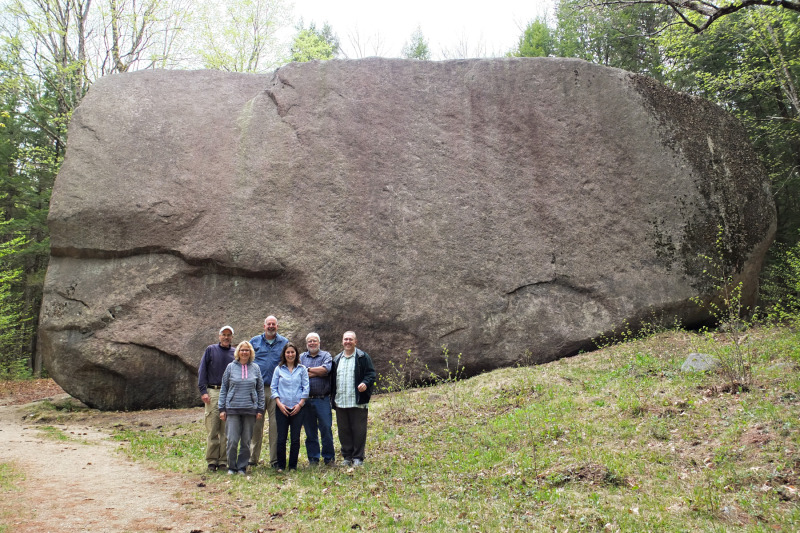Gangs, Gaza and the Gospel
I am weary with my moaning; every night I flood my bed with tears; I drench my couch with my weeping.
My eyes waste away because of grief; they grow weak because of all my foes. Psalm 6: 6 & 7
What other response can one have in these days of suffering? I listen to the news and think of our brothers and sister’s in our companion synods in Palestine and Honduras.
 Today, in Gaza a short-lived cease-fire ended, with death and destruction. I was just in Israel and the West Bank in November eating lunch with Munther and Mona. I worshipped with Palestinian Christians in our Lutheran congregations, walked the streets of Jerusalem and witnessed the pain, hypocrisy and injustice of a people longing for peace.
Today, in Gaza a short-lived cease-fire ended, with death and destruction. I was just in Israel and the West Bank in November eating lunch with Munther and Mona. I worshipped with Palestinian Christians in our Lutheran congregations, walked the streets of Jerusalem and witnessed the pain, hypocrisy and injustice of a people longing for peace.
Yesterday, as a nation we deported 50 women and children back to Honduras. The humanitarian crisis on our southern border grows everyday, as children flee the gang violence that is consuming Central America. It is a violence rooted in drugs and profit. In 2012, I slept in a humble cabin in the mountains in Honduras near the Nicaraguan border, worshipped with Dagoberto and worked alongside our sisters and brothers to build a church where the Good News of the Prince of Peace is being proclaimed today.
The New England Synod has a deep relationship with these two parts of the world. We are in companion relationship with the Lutheran Church in the Holy Land (ELCJHL) and in Honduras with both Lutherans and Episcopalians. As we watch, read and hear the news about two difficult and complex issues in our society – Immigration and the Middle East, I wonder what can we do?
These issues are riddled with complexities that are not simply distant, but quite connected to our own lives. The dynamics of the Middle East involve how we invest our money in foreign and domestic companies, how we buy our food in the grocery store, as well as our attitudes toward those who are a part of the Jewish and Islamic faith traditions. The issues of immigration are tied to our US drug use culture, our desire for products and services to remain inexpensive and our misunderstanding of people whose racial make up may be different than our own. 
The complexity of these parts of the world come home in our congregations when we have debates over how to invest our endowment funds, minister to the parents of drug addicted children and enjoy our hotel rooms being cleaned for us on Cape Cod. The world is not far away, it is here.
What can we do?
- I invite your congregation to include in your Sunday prayers and petitions, our brothers and sisters in Israel, Palestine and Honduras. Pray for an end to violence, pray for a fair treatment of all people, pray for understanding, and pray for the reign of God.
- Educate yourselves on both of these matters by seeking out thoughtful perspectives that deepen your God given compassion. Avoid the extremes in the media who seek to establish a preconceived agenda.
- Consider including information in your congregation bulletin or newsletter. Below are some links to resources.
- Consider joining me in making a financial contribution to support the Augusta Victoria Hospital in West Jerusalem and the Lutheran Disaster Relief for Unaccompanied Children.
- Realize that in a global society such as ours, everything is connected to everything. How we live our lives here in the US impacts the children walking in the streets all over the world.
Let the God whose compassion runs so deep for us, that the tears of an ancient Psalm resulted in the action of the extraordinarily generous gift of Jesus.
About the crisis at the Border
About the crisis in Palestine & Israel
Sincerely in Christ,
Bishop James Hazelwood













 On May 6 at 7 p.m.
On May 6 at 7 p.m.